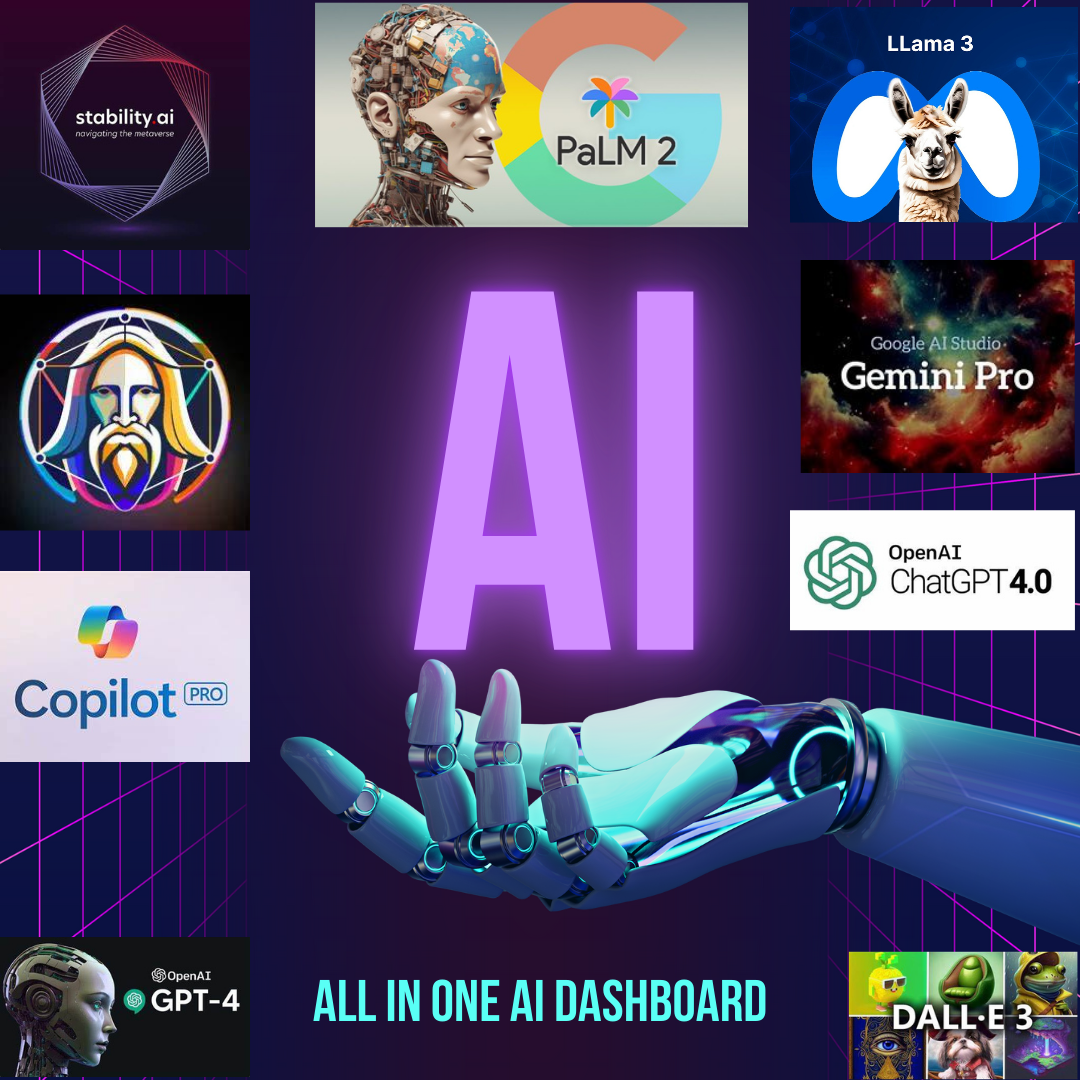AI in Healthcare: Revolutionizing Diagnostics, Treatment, and Patient Car

AI in Healthcare: Revolutionizing Diagnostics, Treatment, and Patient Care
Artificial intelligence (AI) is rapidly transforming the healthcare landscape, bringing forth groundbreaking advancements that are revolutionizing diagnostics, treatment, and patient care. From early disease detection to personalized treatment plans and remote patient monitoring, AI is redefining the possibilities of healthcare delivery.
Current Advancements in AI Diagnostics: AI-powered algorithms can analyze vast amounts of medical data, including images, electronic health records, and lab results, to identify patterns and anomalies that may be missed by the human eye. This enables early detection of diseases such as cancer, heart disease, and Alzheimer’s, leading to timely intervention and improved patient outcomes.

The Role of AI in Treatment Personalization: AI can analyze individual patient data to tailor treatment plans to their unique needs and genetic makeup. This approach, known as precision medicine, allows healthcare providers to select the most effective therapies and minimize side effects. AI algorithms can also predict the likelihood of a patient responding to a particular treatment, helping clinicians make informed decisions.
AI’s Impact on Patient Care and Management: AI is transforming patient care by enabling remote monitoring, virtual consultations, and personalized health recommendations. AI-powered chatbots and virtual assistants can provide 24/7 support, answer patient queries, and triage symptoms.
AI can also analyze patient data to identify individuals at risk of developing chronic conditions, enabling proactive interventions and preventive care. Future Trends and Ethical Considerations: The future of AI in healthcare holds promising advancements, including the integration of AI into wearable devices for real-time health monitoring, the development of AI-powered surgical robots for greater precision, and the use of AI to analyze vast genomic data to uncover new genetic insights.
However, it is crucial to address ethical considerations, such as data privacy, algorithmic bias, and the potential impact on healthcare workforce dynamics.
Conclusion: AI has the power to revolutionize healthcare by enhancing diagnostic accuracy, personalizing treatments, and improving patient care. As AI continues to evolve, we can expect even more transformative applications that will redefine the future of healthcare delivery and empower patients to take a more active role in managing their health.


